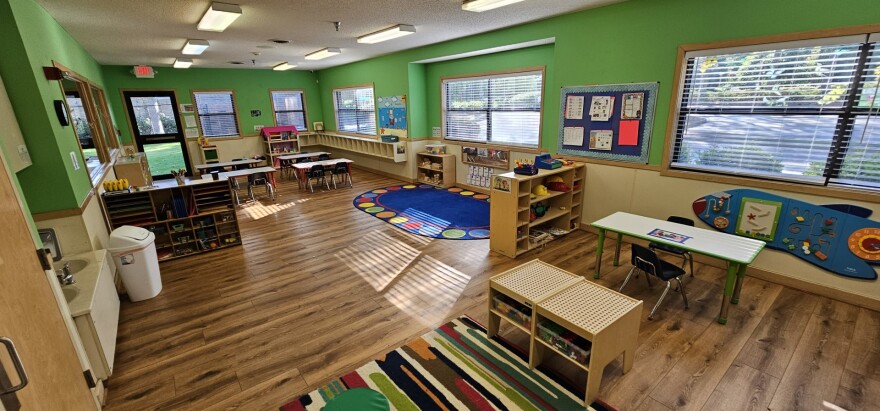A new state audit is highlighting concerns with how Michigan runs a childcare assistance program for low-income residents.
The report covers an 18-month period from October 2022 through March of last year. During that time, it concluded the state wasn’t effectively sharing information with providers for the Child Development and Care Program.
One of the most serious findings in the report was that 60% of the observed calls from providers to the program’s call center went unanswered. The audit blames issues like limited hours and staffing.
“Improved responsiveness would better support providers in their essential role of providing stable, affordable child care for low-income families and increase providers’ confidence in CDC,” the audit wrote.
The Michigan Department of Lifelong Education, Achievement, and Potential, or MiLEAP, overseas the childcare program. The observation period started two months before MiLEAP officially launched as a state department.
Still, the department agreed with most of the findings and said it has already taken steps to fix them. In its preliminary response, MiLEAP said it had begun tracking call volume to adjust hours, hired more staff, and lowered interview times for some providers.
Despite the changes, the Michigan Office of Auditor General claimed the 60% unanswered call rate remained an issue as of August.
The report also found many providers didn’t receive key benefits information for the children they care for.
The audit mentioned one example where a provider didn’t receive any letters detailing five key updates for a family’s eligibility. That led the provider to try to bill the state for child care, not knowing the family wasn’t eligible for the program at that point.
MiLEAP named a “system issue” as a cause for the missing letters. It said it’s also now including the details online.
MiLEAP did disagree with a finding that it didn’t always let providers know when a family’s program eligibility changed. To that point, the department and the auditor general disagreed on what would qualify as proper notice for meeting federal requirements.
In response to the audit, MiLEAP noted it doled out hundreds of millions of dollars to care providers for over 66,500 children during the observation period. Its call center received over 120,000 calls during that time.
Aundreana Jones-Poole, a MiLEAP spokesperson, said the department has been addressing the audit's findings.









